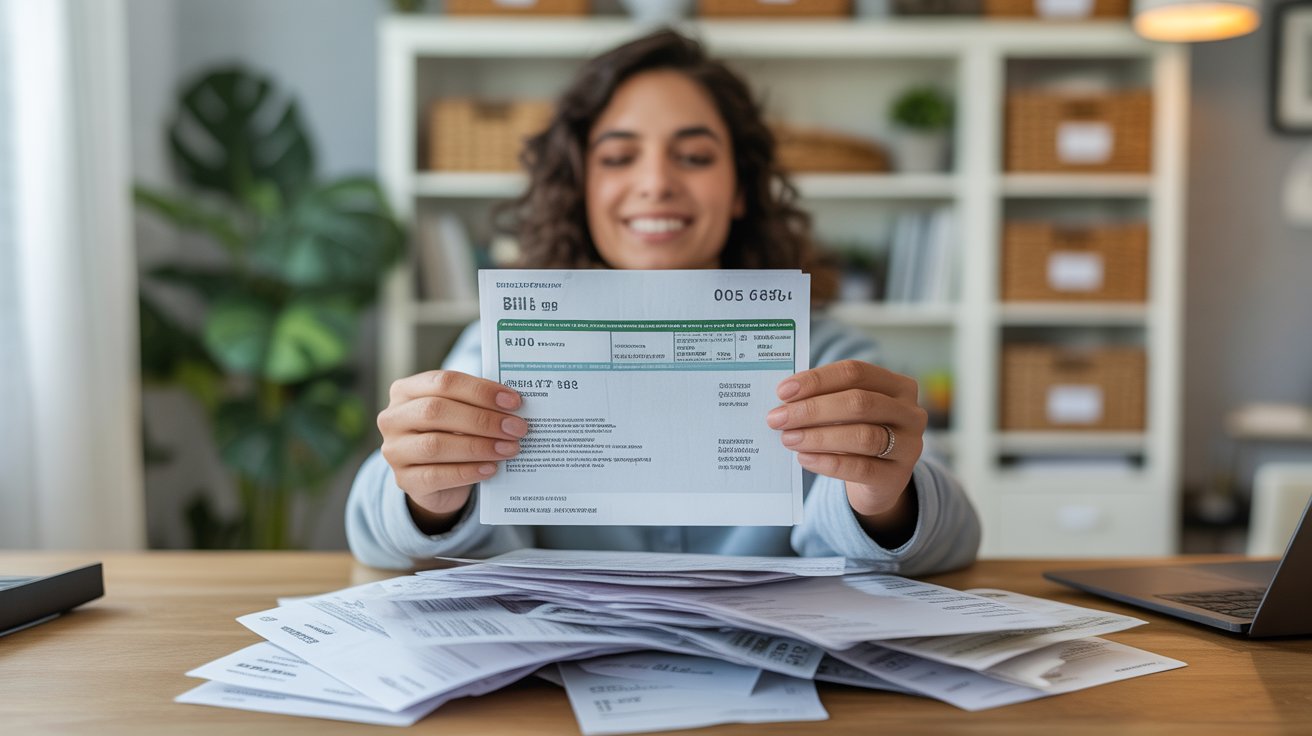In today’s fast-paced world, many people find themselves juggling multiple debts, from credit card balances to personal loans and medical bills. Managing these different debts with varying interest rates and due dates can become overwhelming. This is where Debt Consolidation emerges as an effective and smart financial solution.
What is Debt Consolidation?
In simple terms, debt consolidation is the process of combining several smaller debts into a single, larger one. The main goal is to simplify your finances and often save money on interest. When you apply for a debt consolidation loan, you get a new loan with a fixed interest rate and a single monthly payment. This new loan is then used to pay off all your old debts. From that point on, you only have one loan to repay.
This process eliminates the need to make multiple payments to various creditors, making your financial life much simpler and easier to manage. It not only saves you time but also provides significant peace of mind.
How Does Debt Consolidation Work?
The process of debt consolidation typically follows these steps:
- Application: You apply for a debt consolidation loan from a bank, credit union, or an online lender. You will need to provide information about your income, existing debts, and credit history.
- Approval: Based on your application and financial situation, the lender will determine a fixed interest rate and loan term for you. If you have a good credit score, you’re more likely to qualify for a lower interest rate.
- Paying Off Old Debts: Once your new loan is approved, the funds are used to pay off all your old debts, such as credit card balances and other unsecured loans. Some companies handle this step for you by directly sending payments to your old creditors.
- Repaying the New Loan: Now, you only have one single monthly payment to make. This payment is fixed for the duration of the new loan term, making it predictable and easy to budget for.
Benefits of Debt Consolidation
Debt consolidation offers several advantages that make it a compelling option for those struggling with multiple debts:
- Lower Interest Rates: A debt consolidation loan often comes with a much lower interest rate compared to the high interest rates of credit card debt. This can lead to substantial savings on interest payments over the long term.
- Simplified Finances: Instead of juggling multiple payments and due dates, you now only have one single bill to pay each month. This simplifies your budget and reduces the risk of missing a payment.
- Clear Repayment Plan: A new loan comes with a clear and defined repayment schedule. You know exactly when your debt will be paid off, which helps you set and stick to a clear financial goal.
- Improved Credit Score: By paying off high-interest, revolving credit card debt, you can lower your credit utilization ratio, which is a key factor in your credit score. Timely payments on your new loan will also help improve your credit history over time.
Risks and Disadvantages of Debt Consolidation
While the benefits are significant, it’s important to be aware of the potential downsides:
- Longer Loan Term: In some cases, the term of a new debt consolidation loan might be longer than that of your old debts. This means you could be in debt for a longer period, even if your monthly payments are lower.
- Initial Costs: Some lenders may charge origination fees or other processing fees, which can increase the overall cost of the loan and affect the Annual Percentage Rate (APR).
- Short-Term Impact on Credit Score: Applying for a new loan can result in a “hard inquiry” on your credit report, which might cause a temporary dip in your credit score. However, this effect is usually short-lived.
- Temptation to Accrue More Debt: A common pitfall is that after paying off old debts, people might be tempted to use their now-open credit cards again, leading to more debt and a worse financial situation.
How to Choose the Right Debt Consolidation Company
Choosing the right company is crucial for a successful debt consolidation experience. Pay attention to these factors:
- APR and Fees: Look for the lowest possible APR, which includes not just the interest rate but also any additional fees. A lower APR means you’ll pay less in the long run.
- Customer Support: A reputable company should have strong customer support to guide you through the application process and address any concerns you may have.
- Reasonable Loan Terms: Make sure the loan term and monthly payments are manageable and fit comfortably within your budget. Don’t choose a plan that will put you under further financial strain.
- Reputation: Do your research. Check customer reviews and look for well-established companies with a good reputation in the industry.
Your Next Step
Debt consolidation is a major financial decision. Before you decide, consider these questions:
- Will this option lower my monthly payment?
- Will it help me save money on interest over time?
- Am I prepared to stick to a long-term repayment plan?
- Can I resist the temptation to take on new debt after consolidating?
With the right strategy and a commitment to your financial goals, debt consolidation can be a powerful tool to help you get out of debt and take control of your financial future.

